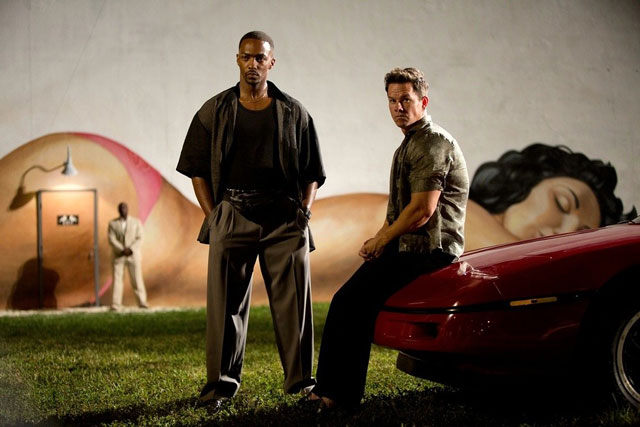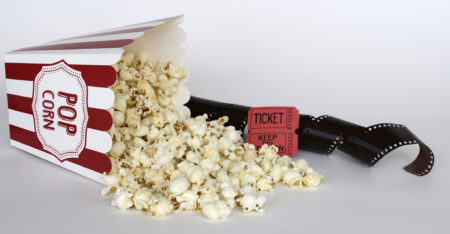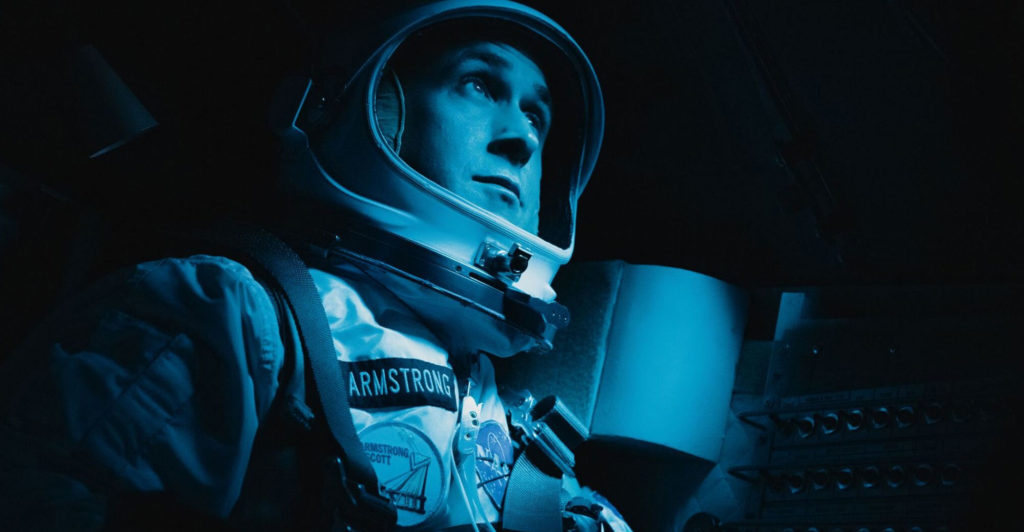
Michael Bay’s usual tools of choice are the bludgeon and the chainsaw rather than the scalpel and the microscope. That makes the “chaos cinema” auteur about as well suited to making a film that dissects the American dream as a bull is to running a china shop. So it’s hardly surprising that you won’t find the subtlety of crime-gone-wrong capers like the Coen brothers’ Fargo in Pain & Gain.
It’s a film that is as slick, brash and unrelenting as most of the work on Bay’s resume. And yet, I was entertained for most of the film’s 130-minute running time. It’s not saying much perhaps, but Pain & Gain is Bay’s best film since The Rock in 1996. Cynical, crass and exploitative it may be — sensitive viewers should definitely avoid — but it’s also as flashy, racy and darkly funny.
Made for a mere US$25m — a fraction of the $200m Bay’s last Transformers movie cost — Pain & Gain is the director’s idea of a small, intimate film. It’s as frenetic and pumped up as anything else in Bay’s oeuvre, but at least no cities get razed to the ground here.
Based on a true story, Pain & Gain is about the mayhem that follows when three none-too-bright Miami bodybuilders abduct a wealthy businessman and force him to sign his assets over to them. Leading the trio of dolts is Daniel Lugo (Mark Wahlberg), a personal trainer who believes that it’s his right and duty as a patriot to get rich quick whatever it takes. He says earnestly of America that it’s the “most buff, pumped-up country on the planet”.
Lugo worships at the shrine of self-improvement and counts among his heroes fictional gangsters Michael Corleone and Tony Montana. It’s one of Wahlberg’s finest performances to date, right up there with his work in Boogie Nights and The Departed.
He mines Lugo’s idiocy and agitation for laughs, but also surfaces the decidedly unfunny callousness of his character. Supporting Lugo is the mild-mannered Adrian Doorbal (Anthony Mackie), who signs up for the scheme to pay for an expensive cure to impotence brought on by steroid use.
The third man is Paul Doyle (Dwayne Johnson), a violent ex-con and drunk who discovered God in prison. Johnson aka The Rock is, as always, an imposing but affable screen presence. One wonders why he has not yet taken his rightful place as Arnold Schwarzenegger’s heir to the action film throne. Somewhat discomfortingly, Bay portrays the victim of the crime (played by Tony Shalhoub)as an unpleasant jerk, who is even harder to empathise with than his tormenters.
Pain & Gain is, in many ways, a typical Michael Bay movie that pounds the audience senseless with a thundering soundtrack, hyper-real visuals, rapid cuts, and a camera that just won’t keep still. But here his disorienting filmmaking technique — with characteristic delicacy he calls it “fucking the frame” — works because it plays like parody.

The camera leers at women with silicon breasts, fetishises sports cars, and worships masculine physical prowess in something that feels like a skewed view of the dream of American might and material success Bay’s films usually peddle. It’s the sort of sledgehammer irony that you might find in an Oliver Stone movie or a Grand Theft Auto game — crude but effective.
Swirling between the narrative points of view of the three bodybuilders, their victim, and the private eye that pursues them (Ed Harris, playing seemingly the only decent and competent person in Miami), Pain & Gain sends up its characters tawdry dreams of easy sex, physical perfection, enormous wealth and religious redemption.
Bay has always seemed like he has the self-awareness of a rock, which is what makes this film especially remarkable. Poe’s Law is hard at work here. You may not be sure whether you’re laughing with or at him, but Bay has somehow created as pungent a satire of unfettered greed and crude desire as Brian de Palma’s Scarface. — (c) 2013 NewsCentral Media




